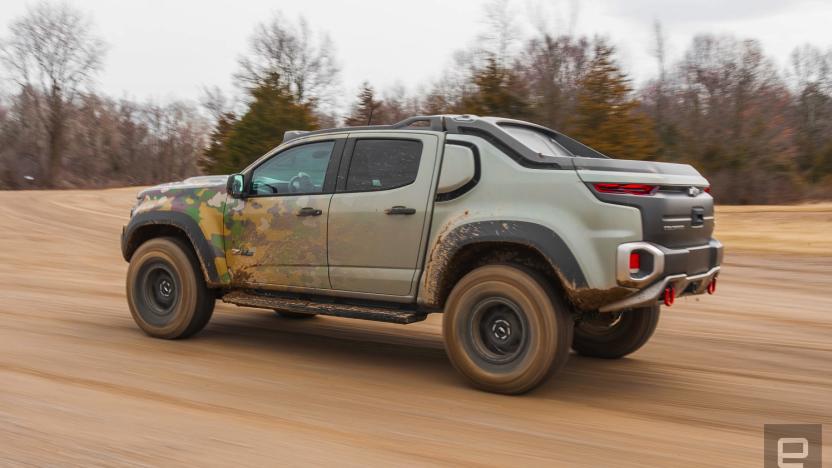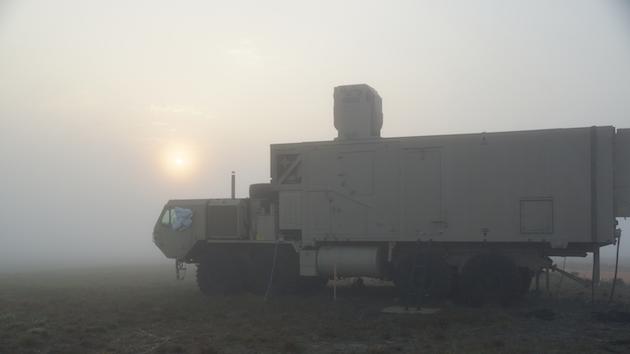defensetech
Latest

The Army could save hydrogen cars from a premature death
Over the past 25 years, hydrogen fuel cells (HFC) have been the butt of countless jokes in the automotive industry. Many critics see the technology as something long in the works that will never have a future. It's seen some spotty progress over the past decade, existing alongside compressed natural gas vehicles. But in terms of public perception, HFCs are still on the fringe compared with plug-in hybrids and electric vehicles. In 2016, the Los Angeles Times reported that Toyota expected to sell 3,000 of its $60,000 Mirai sedans by the end of 2017 -- and that was an optimistic forecast, mind you. In contrast, Tesla racked up over 232,000 preorders for its all-electric Model 3 sedan in just 24 hours, and Toyota crossed 3.9 million in global sales for the Prius in February.

Boeing's drone-killing laser takes down targets with an Xbox controller
Boeing has a pretty storied history with lasers and now its testing one that can take out UAVs and rockets regardless of where it's installed. A recent trial run of the tech was conducted in Florida under some pretty grueling conditions (heavy fog, rain and wind), to prove that even a lower-powered version of High Energy Laser Mobile Demonstrator -- HEL MD for short -- is capable in a maritime environment. As Boeing tells it, the firm exceeded all of its goals and successfully engaged with some 150 different targets including drones and 60mm mortar shells with its 10 kilowatt laser. Wired says that the energy beam is powered by lithium ion batteries, and that the whole setup only requires a diesel-backed generator to keep the wheels of war defense moving. Meaning, running out of fuel, not munitions, is basically the only threat the energy weapon faces.
